In a recent development, Prime Minister Narendra Modi engaged in a conversation with Russian President Vladimir Putin, emphasizing the importance of dialogue and diplomacy to resolve the ongoing conflict in Ukraine. This exchange took place shortly after PM Modi’s return from the United States, where he had important discussions with world leaders. During the conversation, the two leaders also touched upon other significant matters, including the failed mutiny in Russia and upcoming international summits. This article delves into the details of their conversation and analyzes the implications of their dialogue for regional stability and global cooperation.
The Call for Dialogue and Diplomacy
During the call, Prime Minister Modi reiterated his call for dialogue and diplomacy as the primary means to resolve the Ukraine conflict. Recognizing the gravity of the situation, he emphasized the need for all parties involved to come together and find a peaceful solution. This reaffirmation underscores India’s commitment to global peace and stability, showcasing its diplomatic approach in resolving complex international issues.
Support for President Putin’s Actions
Furthermore, PM Modi expressed support for President Putin’s decisive actions during the failed mutiny in Russia on June 24. Acknowledging the significance of maintaining law and order, the Indian Prime Minister commended the Russian leadership’s efforts to protect the country’s stability and ensure the security of its citizens. This gesture reflects the strong bilateral relations between India and Russia and their mutual understanding of the challenges faced by nations in maintaining peace and order.
Bilateral Projects and Trade
Apart from discussing the Ukraine conflict and the Wagner mutiny, the conversation between PM Modi and President Putin also touched upon bilateral projects and trade. Both leaders recognized the importance of strengthening economic ties and promoting trade relations between India and Russia. The discussion highlighted the potential for further collaboration and investment in sectors such as defense, energy, and technology, aligning with the shared goals of the “Make in India” campaign and Russia’s economic interests.
Upcoming International Summits
The SCO virtual summit on July 4, the BRICS summit, and the G-20 summit in August and September emerged as key topics of discussion. PM Modi and President Putin acknowledged the significance of these multilateral platforms in fostering cooperation and addressing regional and global challenges. Their interaction within these forums indicates the intent to work closely on shared priorities, including climate change, counterterrorism, and economic recovery. The possibility of President Putin’s visit to India for the G-20 summit further strengthens the bilateral relationship and opens avenues for deeper engagement.
China’s Involvement and Iran’s Induction
The inclusion of China’s President Xi Jinping and Pakistan’s Prime Minister Shehbaz Sharif in the upcoming SCO summit further adds to the significance of the event. The presence of these leaders underlines the commitment of SCO member states to regional security and development. Moreover, the induction of Iran as a new member enhances the organization’s reach and influence. These developments pave the way for increased cooperation among member nations and facilitate dialogue on pressing regional issues.
PM Modi’s Engagements: A Commitment to Peace:
Prime Minister Modi’s unwavering commitment to peace and his efforts to facilitate dialogue between Russia and Ukraine are evident in his engagements with key stakeholders. The significance of his role in promoting peace was underscored by the White House spokesperson, who expressed the United States’ willingness to welcome any efforts that could lead to an end of hostilities in Ukraine.
In February 2023, National Security Advisor Ajit Doval’s meeting with Russian President Vladimir Putin in Moscow laid the groundwork for further diplomatic initiatives. The following day, the White House spokesperson, John Kirby, stated that the war could and should end immediately, placing the responsibility on Vladimir Putin to halt the suffering of the Ukrainian people. Kirby emphasized that Putin has the power to bring an end to the conflict, stating that the Russian President’s current actions, including targeting energy and power infrastructure, exacerbate the suffering of the Ukrainian people.
PM Modi’s proactive approach to diplomacy has been evident in his consistent communication with President Putin and President Zelensky. During the Shanghai Cooperation Organization (SCO) summit in Samarkand, Uzbekistan, PM Modi emphasized the importance of democracy, diplomacy, and dialogue in resolving conflicts. His discussions with President Putin and President Zelensky focused on finding peaceful solutions to the ongoing crisis, with PM Modi firmly advocating for an immediate cessation of hostilities and a return to dialogue and diplomacy.
Global Reception and Support
PM Modi’s call for an immediate end to violence in the Russia-Ukraine conflict received widespread support, particularly from the United States and Europe. The United States welcomed the Indian Prime Minister’s efforts and expressed agreement with his emphasis on dialogue and diplomacy as the means to resolve the conflict. PM Modi’s strong stance resonated positively in Europe, where leaders recognized the importance of his call for peace and applauded his commitment to finding a lasting solution through peaceful negotiations.
India’s stance on the conflict and its proactive engagement in promoting peace further solidify its reputation as a responsible global player. The international community acknowledges India’s dedication to upholding democratic values and fostering peaceful resolutions to conflicts. PM Modi’s advocacy for dialogue and diplomacy aligns with India’s longstanding commitment to multilateralism and its role as a bridge-builder between nations.
The Way Forward
As the Russia-Ukraine conflict continues, PM Modi’s proactive diplomatic initiatives remain crucial in facilitating dialogue and promoting a peaceful resolution. His unwavering commitment to peace, demonstrated through consistent communication and advocacy, strengthens the prospects for a negotiated settlement between the two nations.
India’s role in promoting dialogue extends beyond the bilateral level. As an active participant in international forums such as the SCO, BRICS, and G-20, India has the opportunity to engage with global leaders and advocate for peaceful solutions to regional and global conflicts. PM Modi’s upcoming engagements at these summits provide platforms for him to further emphasize the importance of dialogue and diplomacy in resolving the Russia-Ukraine conflict, as well as other pressing global issues.
PM Modi’s Leadership in Multilateral Forums
Prime Minister Narendra Modi’s leadership and active participation in various multilateral forums play a significant role in promoting dialogue and diplomacy to resolve the Russia-Ukraine conflict. One such forum is the Shanghai Cooperation Organization (SCO), which brings together countries from the region to address regional security challenges and foster cooperation. During the SCO summit, PM Modi seized the opportunity to engage with Russian President Vladimir Putin and Ukraine President Volodymyr Zelensky to discuss the conflict directly. By emphasizing the importance of democracy, diplomacy, and dialogue, PM Modi showcased India’s commitment to peaceful conflict resolution.
Additionally, PM Modi’s engagement in the BRICS (Brazil, Russia, India, China, and South Africa) and G-20 summits provides platforms to engage with global leaders and influence the discourse on resolving the Russia-Ukraine conflict. These gatherings allow PM Modi to articulate India’s position and advocate for peaceful negotiations as the preferred path forward. As India holds the presidency of the G-20 in 2023, PM Modi can leverage this position to prioritize discussions on resolving conflicts and facilitating peaceful solutions.
India’s Track Record in Conflict Resolution
India has a notable track record in conflict resolution, rooted in its commitment to non-alignment, peaceful coexistence, and respect for national sovereignty. Over the years, India has successfully mediated and facilitated dialogues in various conflicts, demonstrating its capability and willingness to contribute to international peace and stability.
One prominent example is India’s role in brokering the peace process in Sri Lanka. In the 1980s and 1990s, India played a pivotal role in facilitating negotiations between the Sri Lankan government and the Liberation Tigers of Tamil Eelam (LTTE). The resulting Indo-Sri Lanka Accord of 1987 aimed to address the Tamil minority’s grievances and promote political stability in the region.
Furthermore, India has been actively involved in peacekeeping operations under the United Nations umbrella. Indian troops have been deployed in conflict zones worldwide, including in Cyprus, Lebanon, and more recently, South Sudan. India’s participation in these missions underscores its commitment to maintaining global peace and security.
Building on this rich legacy, PM Modi’s efforts in the Russia-Ukraine conflict exemplify India’s commitment to conflict resolution through dialogue and diplomacy.
India as a Bridge-Builder
India’s historical ties and diplomatic relations with both Russia and Ukraine position it as a potential bridge-builder in the Russia-Ukraine conflict. India enjoys warm and friendly relations with Russia, characterized by strong strategic partnerships and cooperation in various sectors, including defense, energy, and space. Similarly, India has maintained cordial relations with Ukraine, marked by cultural exchanges and cooperation in areas such as agriculture and information technology.
India’s balanced approach and ability to engage with both sides impartially provide a unique opportunity for PM Modi to foster trust and facilitate meaningful dialogue. By leveraging its diplomatic channels and personal rapport with key leaders, India can play a constructive role in bridging the gap between Russia and Ukraine, encouraging them to find common ground and work towards a peaceful resolution.
India’s Humanitarian Assistance and Reconciliation Efforts
In addition to diplomatic initiatives, India’s commitment to peace extends to providing humanitarian assistance and supporting reconciliation efforts in conflict-affected regions. PM Modi’s proactive approach includes leveraging India’s expertise and resources to alleviate the suffering of those affected by the Russia-Ukraine conflict.
India has a long-standing tradition of extending a helping hand to nations in distress. It has been at the forefront of humanitarian assistance and disaster relief operations worldwide, demonstrating its commitment to alleviating human suffering. In the context of the Russia-Ukraine conflict, India can play a significant role in providing humanitarian aid, including medical supplies, food, and other essential resources to affected communities.
Furthermore, India’s experience in post-conflict reconstruction and reconciliation can contribute to long-term stability in the region. India’s own journey towards nation-building, diversity, and inclusive development provides valuable insights and lessons that can be shared with both Russia and Ukraine. PM Modi’s leadership can encourage dialogue on post-conflict reconstruction, fostering economic development, and promoting social cohesion among communities affected by the conflict.
India’s Commitment to International Law and Order
India’s commitment to upholding international law and order is a cornerstone of its foreign policy. As a responsible member of the international community, India firmly believes in resolving conflicts through peaceful means, adhering to the principles of the United Nations Charter.
In the case of the Russia-Ukraine conflict, India advocates for a comprehensive and peaceful resolution that respects the sovereignty, territorial integrity, and independence of both nations. PM Modi’s engagements and calls for dialogue underscore India’s commitment to the principles of non-interference, respect for national sovereignty, and the right of nations to determine their own destiny.
India’s emphasis on a rules-based international order and the peaceful settlement of disputes resonates with the global community. As a diverse and democratic nation, India has demonstrated its ability to navigate complex geopolitical challenges while upholding the principles of international law.
Collaboration and Coalition-Building
Recognizing the complexity of the Russia-Ukraine conflict, PM Modi’s approach involves coalition-building and collaborating with like-minded nations to promote peace and stability. By engaging in constructive dialogue with international partners, India can coordinate efforts and build consensus on the best path forward.
India’s relationships with key stakeholders in the conflict, such as the United States, European Union, and other regional powers, provide a platform for fostering collaboration and aligning efforts towards a peaceful resolution. Through diplomatic channels and multilateral engagements, PM Modi can garner support for initiatives that emphasize dialogue, de-escalation, and the protection of civilian lives.
Conclusion
Prime Minister Narendra Modi’s unwavering commitment to dialogue, diplomacy, and peaceful conflict resolution underscores India’s role as a responsible global leader. Through active engagement in multilateral forums, leveraging diplomatic channels, and providing humanitarian assistance, India seeks to contribute to the resolution of the Russia-Ukraine conflict.
PM Modi’s efforts, grounded in India’s principles of non-alignment, respect for national sovereignty, and adherence to international law, reinforce the importance of peaceful negotiations as the means to address conflicts. By leveraging its historical ties with Russia and Ukraine, India can play a constructive role in bridging differences and facilitating a lasting and peaceful resolution to the crisis.
India’s proactive approach to conflict resolution, in line with its track record in mediating conflicts and providing humanitarian assistance, exemplifies its commitment to global peace and stability. As PM Modi continues to advocate for dialogue, foster coalition-building, and support reconciliation efforts, India’s influence in promoting peace in the Russia-Ukraine conflict will grow, making a tangible impact in mitigating the suffering of the affected populations and facilitating a path towards reconciliation and stability.

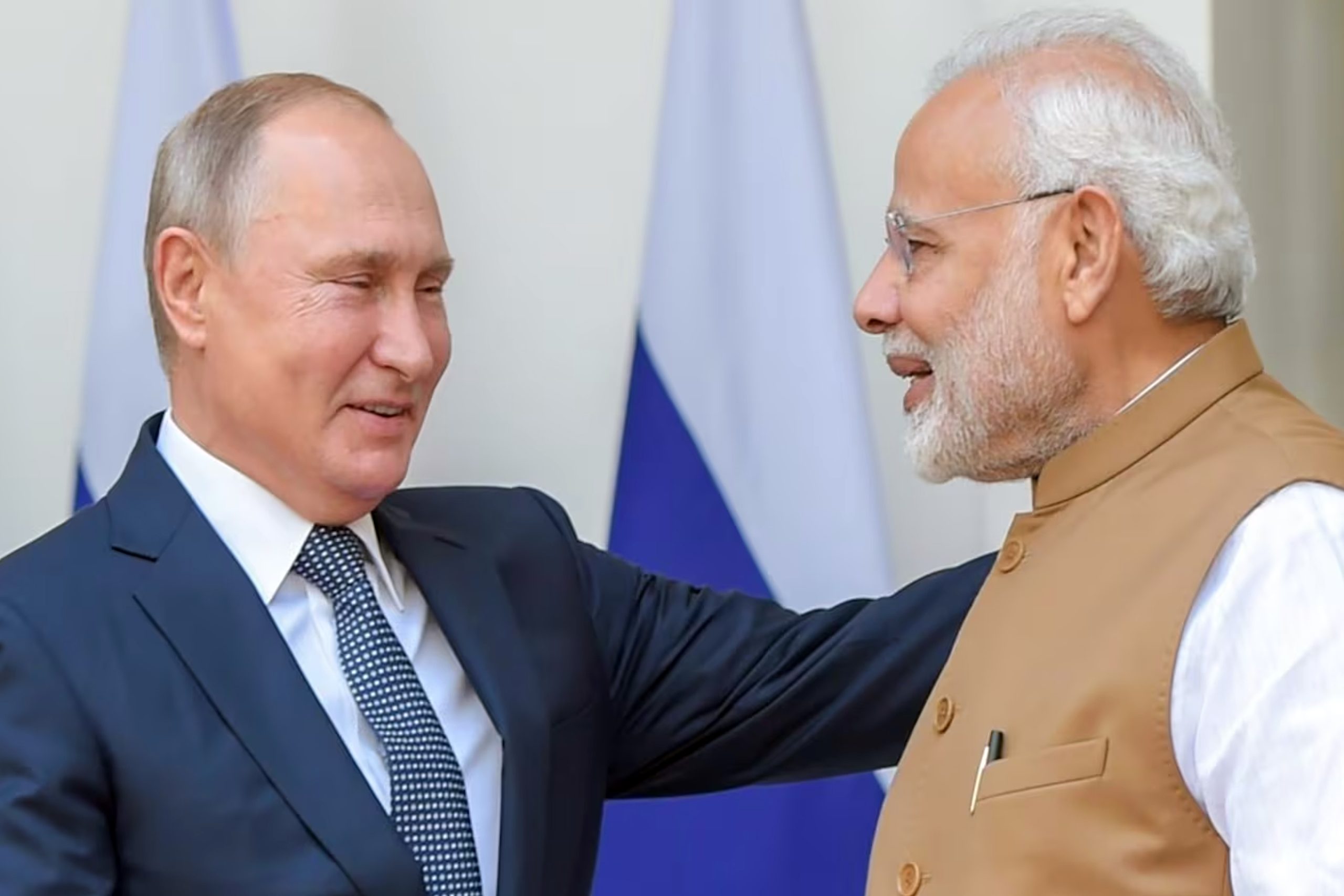
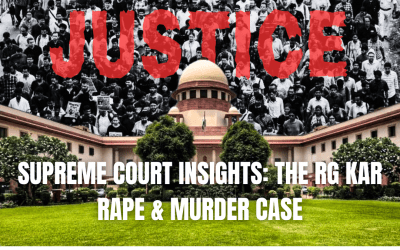
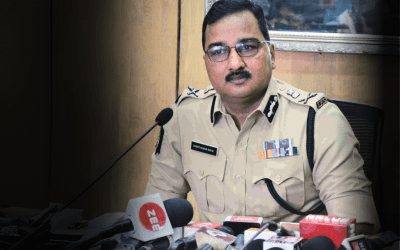
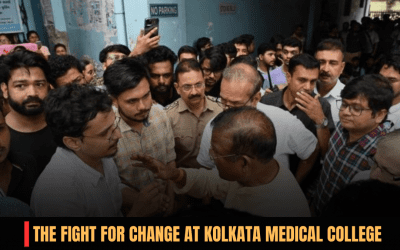
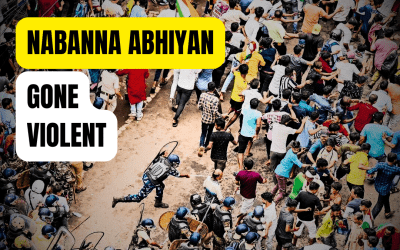

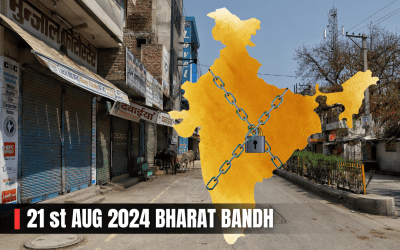
0 Comments